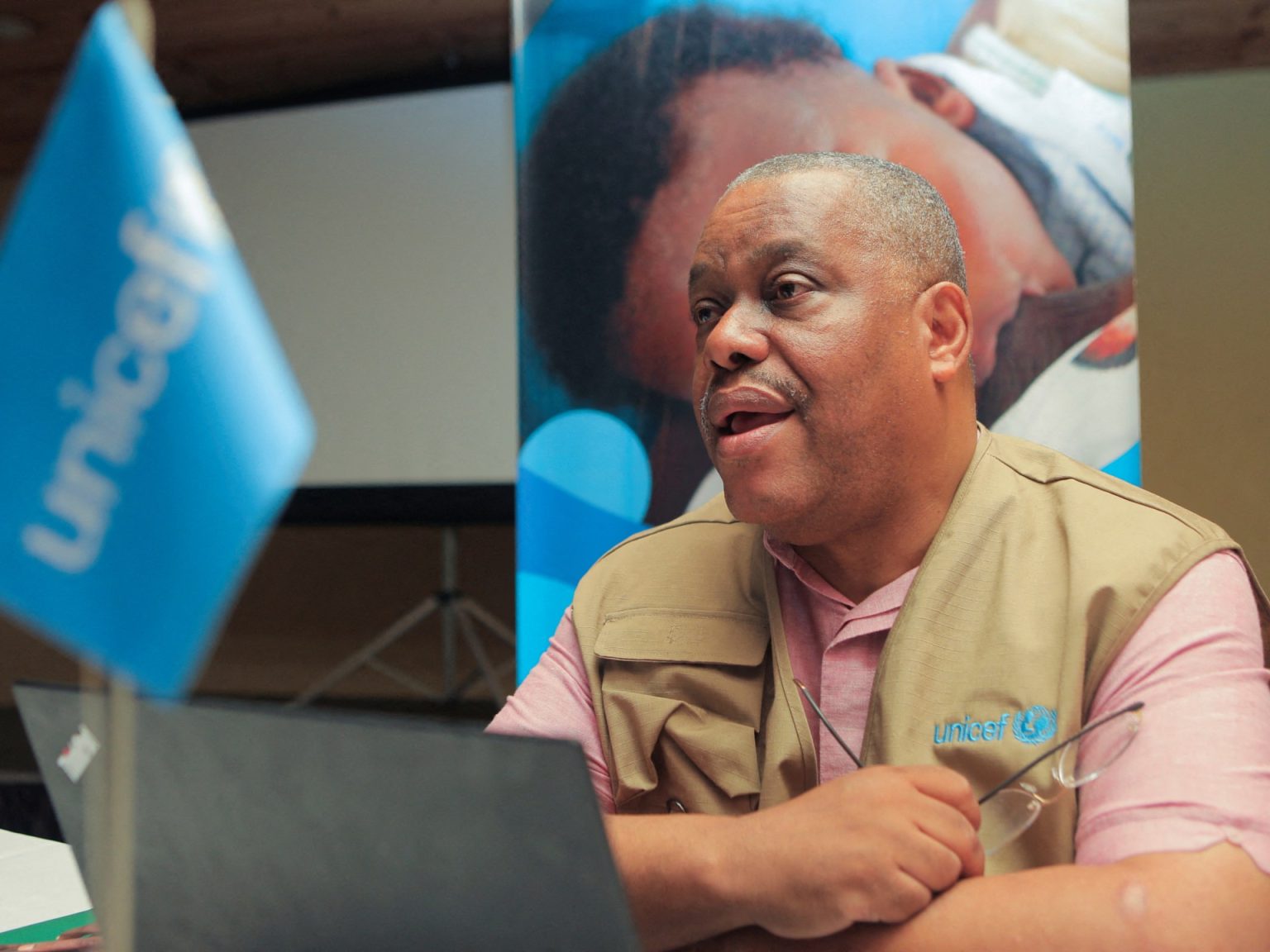Garry Conille has been appointed as Haiti’s new prime minister by a nine-member council overseeing the country’s political transition. This decision comes at a time of turmoil, with widespread gang violence and political instability following the assassination of President Jovenel Moise in 2021. Conille previously served as prime minister for a brief period from 2011 to 2012 but resigned after clashing with then-President Michel Martelly. He now takes over from interim Prime Minister Michel Patrick Boisvert, who replaced Ariel Henry after his resignation in April. Conille’s appointment follows a rocky selection process that has faced criticism and skepticism from various quarters.
Since Moise’s assassination, Haiti has not held a federal election, leading to Henry, an unelected official, serving as acting president. However, Henry’s failure to call for a vote has exacerbated tensions in the country. Gangs have taken advantage of the power vacuum, controlling large parts of the capital city, Port-au-Prince, and causing widespread violence and displacement among the population. Henry’s decision to step down as prime minister in March came amid pressure, both domestic and international, to bring stability to the country. The creation of a transitional council by the Caribbean Community (CARICOM) aimed to restore democracy in Haiti, with plans to dissolve by 2026 after a new presidential election.
Conille’s appointment as prime minister was the result of a six-to-one vote by the transitional council. Despite his previous experience in the role and his current position as a regional director for UNICEF, the process has been marred by confusion and scepticism. Earlier attempts to choose a new prime minister, including a brief selection of former sports minister Fritz Belizaire, were met with backlash and criticism for improper procedures. The lack of transparency in the council’s decision-making process has also raised concerns among civil society groups, who have called for more clarity and accountability in the selection process.
The Montana Accord, a Haitian civil society group, expressed concerns about the worsening situation in Haiti, with gangs expanding their control and committing more crimes. The group called for “consequential measures” to be taken to restore stability and address the suffering of the population. Meanwhile, gang leaders have indicated their refusal to recognize the transitional council or its decisions, further complicating the efforts to bring about political stability in the country. The challenges facing Haiti, including political uncertainties, gang violence, and displacement, highlight the urgent need for strong leadership and decisive action to address the crisis and restore stability to the nation.


